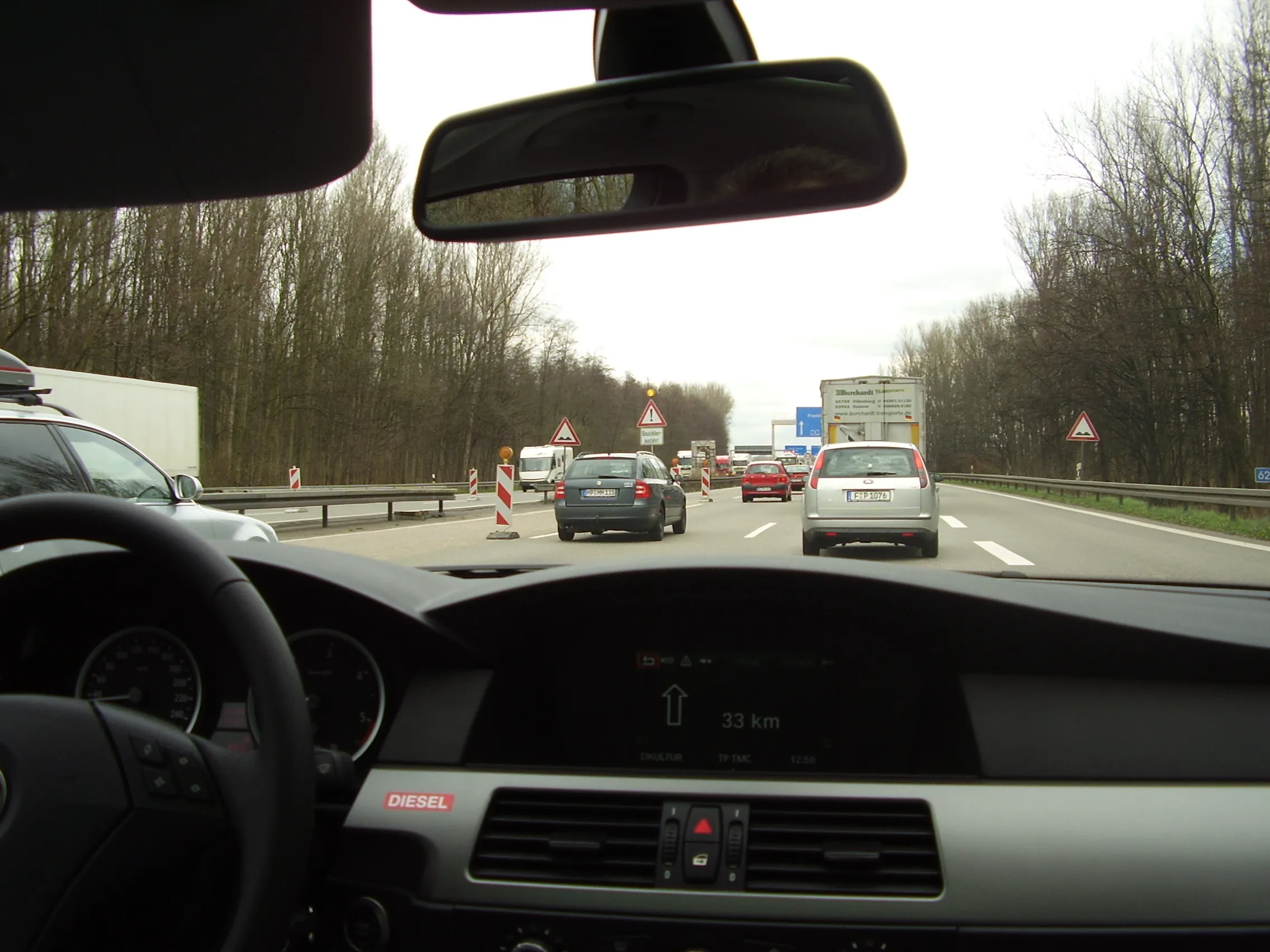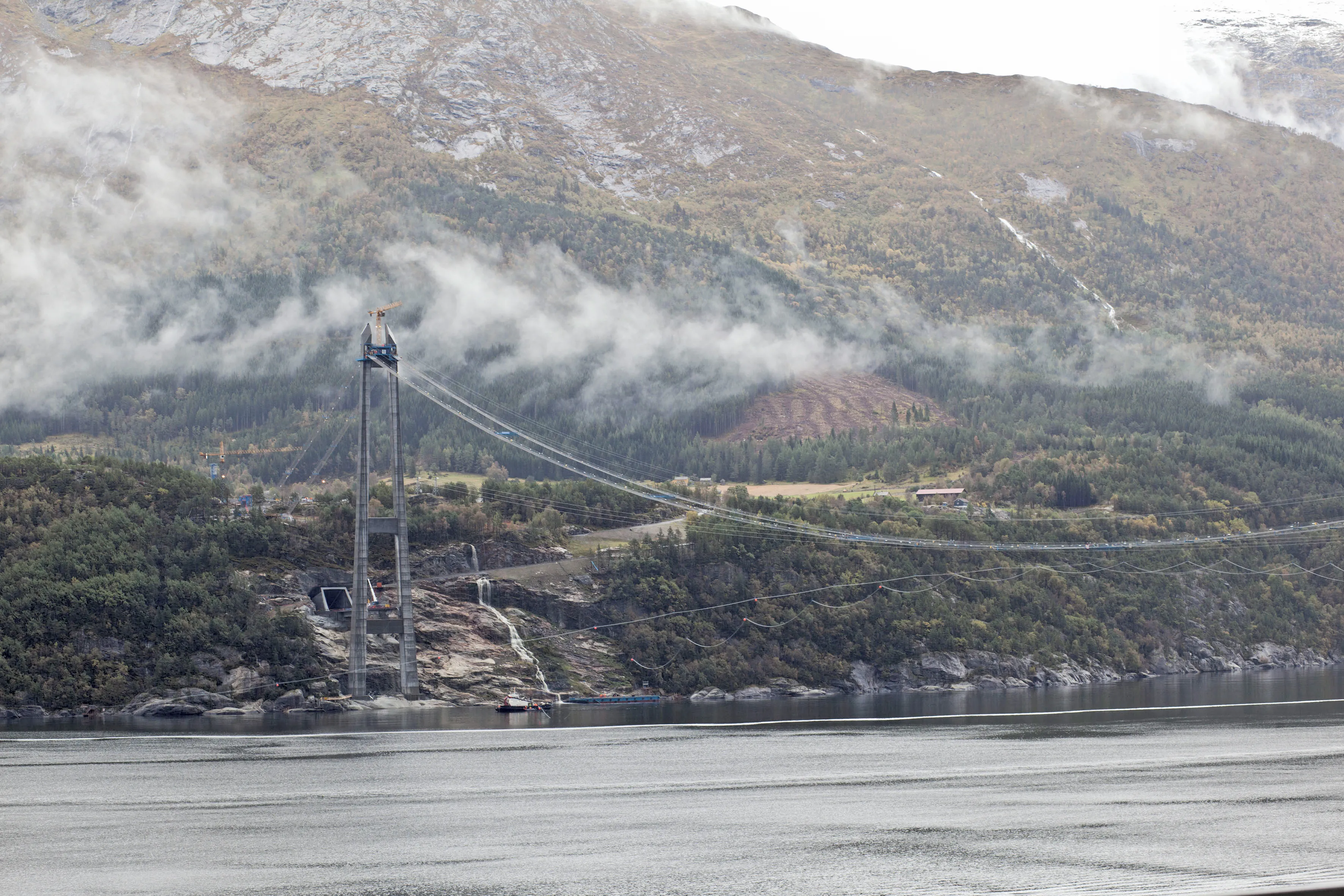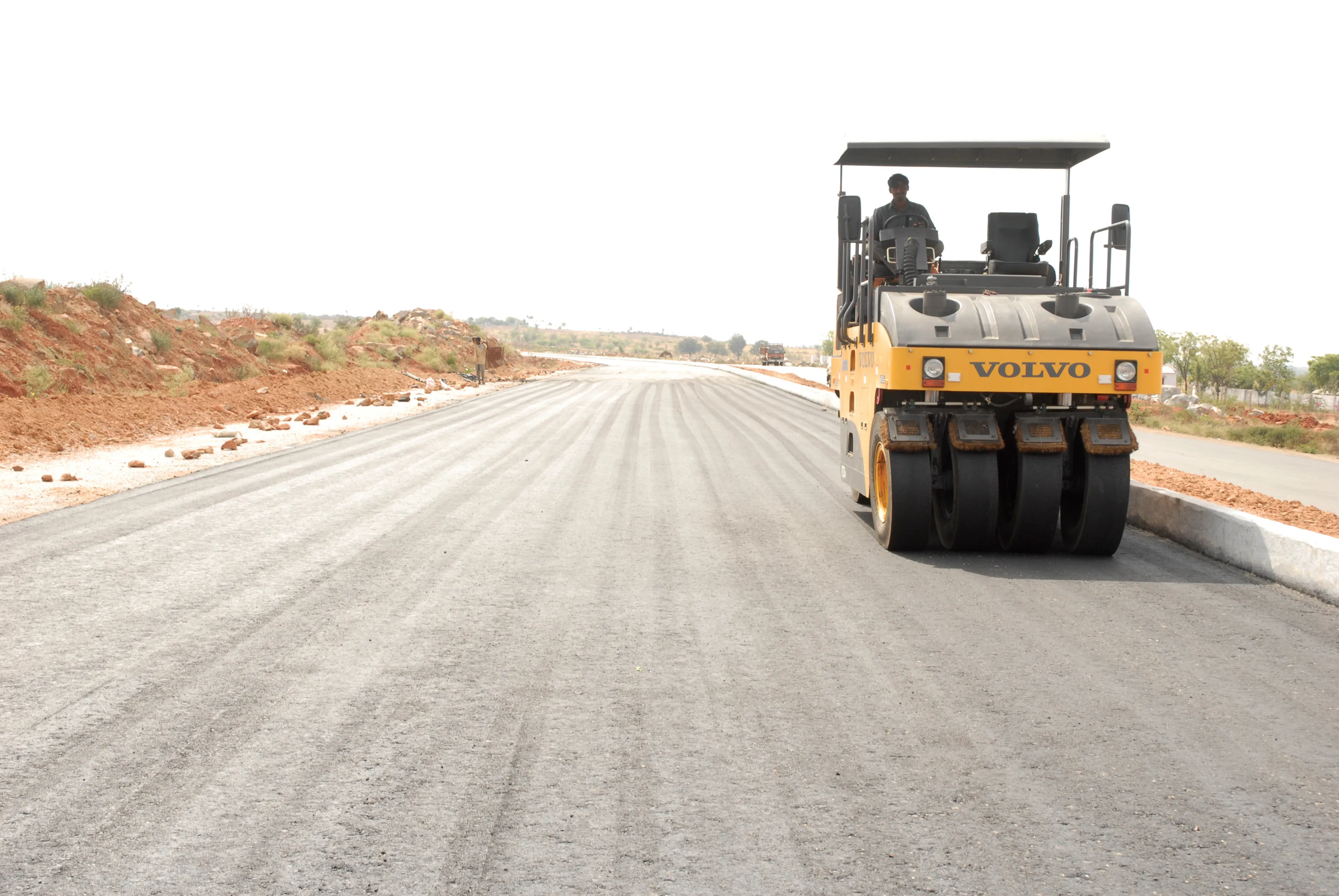Germany is pushing ahead with its plan to charge tolls for use of its national Autobahn highway network. The plans have attracted a high degree of controversy as Germany’s Autobahn system, the world’s first national highway network, has been free for use by car drivers since its inception in the 1930s. Truck tolling was first introduced some years ago on the Autobahn system and this latest development is intended to generate additional revenue that can be used to maintain and develop the network. With both
January 23, 2017
Read time: 2 mins

Germany is pushing ahead with its plan to charge tolls for use of its national Autobahn highway network. The plans have attracted a high degree of controversy as Germany’s Autobahn system, the world’s first national highway network, has been free for use by car drivers since its inception in the 1930s. Truck tolling was first introduced some years ago on the Autobahn system and this latest development is intended to generate additional revenue that can be used to maintain and develop the network. With both traffic volumes and the repair backlog growing on the Autobahn system, more income is required to pay for the work needed.
Introducing tolls for cars is expected to generate €824 million/year when the system is established, delivering an income of €524 million when it commences. Some of the controversy has centred on how foreign drivers will be charged to use the Autobahn network however, so the German Federal Ministry of Transport has made a number of changes from its original plans. Vehicles will be charged depending on their emissions levels, with six bands being introduced. Foreign drivers with vehicles in the highest emissions levels will pay €35 for a 10 day pass, and €50 for a two month pass. The higher charge rates have been approved by the European Commission. Vehicle traffic is expected to increase in coming years, which will increase revenue and the rates may be reduced once the tolling has been implemented.
The Autobahn tolling plans have been unpopular within Germany and even more so elsewhere in Europe, due to the high percentage of through traffic. Several of Germany’s neighbours, including Austria and France, already have tolled highways however.
Introducing tolls for cars is expected to generate €824 million/year when the system is established, delivering an income of €524 million when it commences. Some of the controversy has centred on how foreign drivers will be charged to use the Autobahn network however, so the German Federal Ministry of Transport has made a number of changes from its original plans. Vehicles will be charged depending on their emissions levels, with six bands being introduced. Foreign drivers with vehicles in the highest emissions levels will pay €35 for a 10 day pass, and €50 for a two month pass. The higher charge rates have been approved by the European Commission. Vehicle traffic is expected to increase in coming years, which will increase revenue and the rates may be reduced once the tolling has been implemented.
The Autobahn tolling plans have been unpopular within Germany and even more so elsewhere in Europe, due to the high percentage of through traffic. Several of Germany’s neighbours, including Austria and France, already have tolled highways however.








